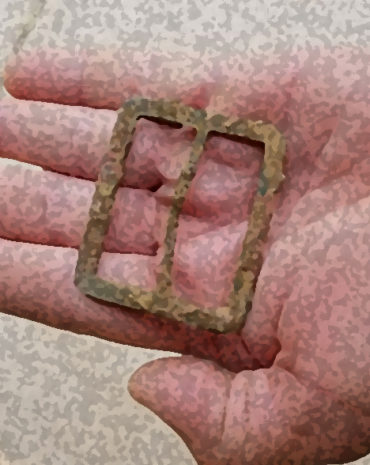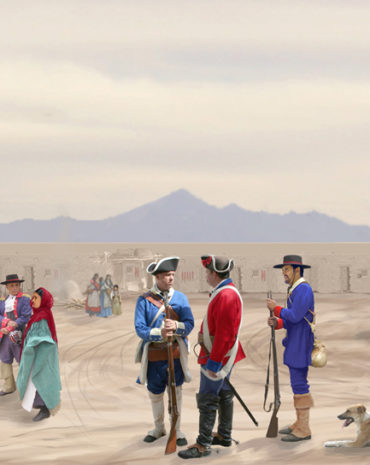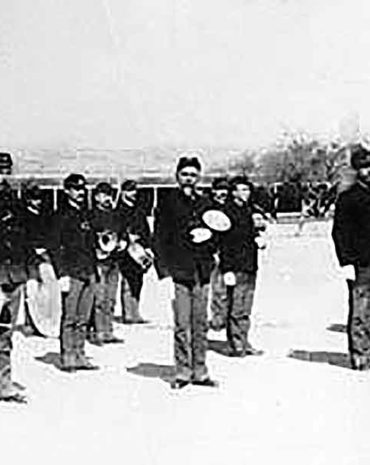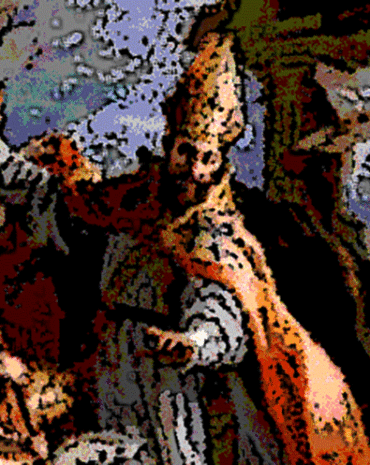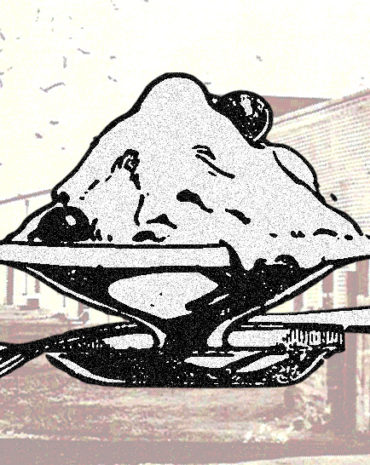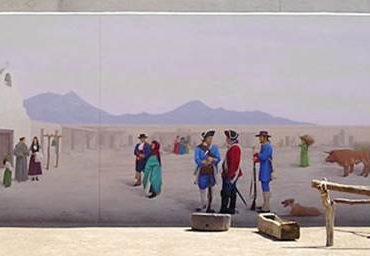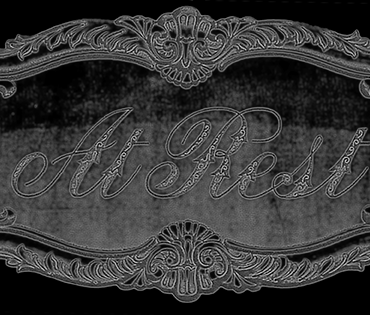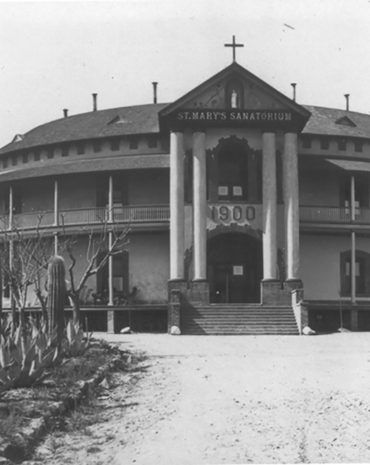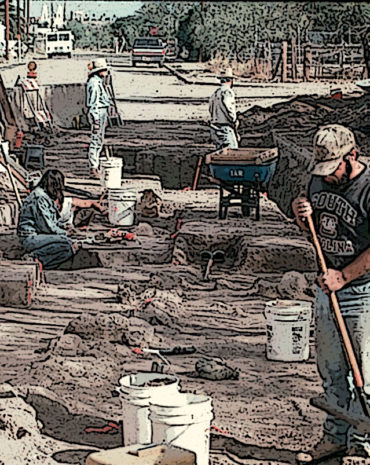 Sep 14
Sep 14Archaeology Archive: What Lay Beneath Spruce Street
Homer Thiel discusses what we learned about the Chinese men who came to Tucson while working on the railroad in the late 1800s and stayed here to make lives for themselves. In the late 1980s and early 1990s, a housing development was constructed along the road leading to the summit…


